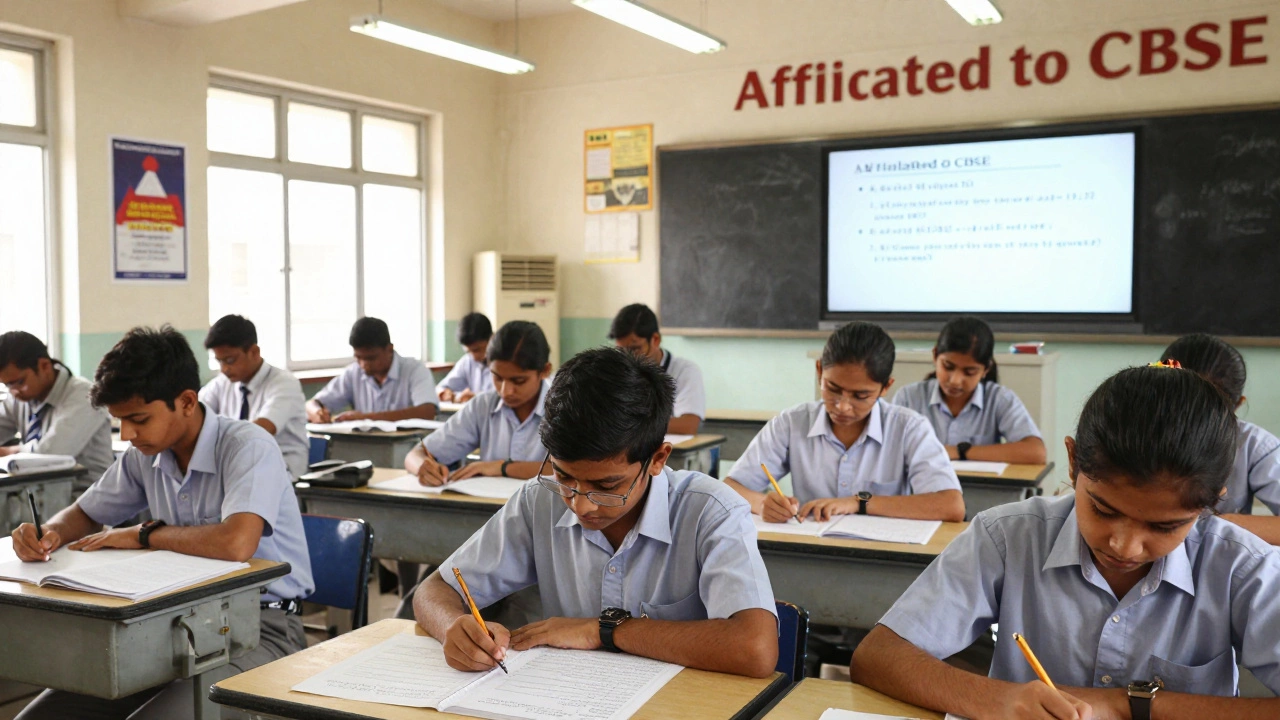CBSE Education: What You Need to Know
If you’re a student, parent, or teacher in India, you’ve probably heard the term CBSE a lot. It stands for the Central Board of Secondary Education, and it runs a huge network of schools across the country. Knowing how CBSE works can save you headaches when it comes to choosing subjects, planning exam prep, or thinking about college.
Why Choose CBSE?
CBSE is popular because its syllabus is pretty uniform nationwide. That means if you move from Delhi to Bangalore, the curriculum stays the same. The board focuses on concepts rather than rote memorisation, which helps when you’re aiming for competitive exams like NEET or JEE. Many students say the CBSE approach makes it easier to switch schools without losing ground.
Another plus is the continuous assessment model. Besides the big board exams in Class 10 and 12, schools often use periodic tests that keep you on track. This can boost confidence and give you a better idea of where you need extra help before the final exam rush.
How to Succeed in CBSE Exams
First, get the official syllabus early. It’s the roadmap for every subject, and you’ll spot which topics carry the most weight. For science students eyeing NEET, focus on the chapters that appear most often in past papers – concepts from chemistry’s organic section and biology’s genetics are frequent winners.
Second, practice with past year papers. The CBSE question pattern doesn’t change much year to year, so solving old papers helps you manage time and understand the marking scheme. Pair this with answer keys to see where you lost marks and why.
Third, build a study schedule that mixes subjects daily. Jumping from maths to physics to English keeps your brain fresh and prevents burnout. Use short, focused study blocks (25‑30 minutes) followed by a five‑minute break – a method many top scorers swear by.
Don’t ignore the smaller subjects either. English and Social Science scores can boost your overall percentage, which matters for college admissions. Simple tricks like summarising history chapters in bullet points or practising essay outlines in English can make a big difference.
Lastly, take care of your health. Regular sleep, a balanced diet, and a little exercise keep your mind sharp. Skipping meals or pulling all‑nighters might seem heroic, but it usually harms performance on the day of the exam.
CBSE also offers a range of optional subjects – like Computer Science or Physical Education – that can showcase your strengths on college applications. If you’re leaning toward a tech career, picking Computer Science can give you a head start on coding basics before you even think about a degree.
Remember, every student’s path is unique. Use the resources available – teachers, online mock tests, and study groups – to tailor a plan that works for you. With the right strategy, CBSE can be a solid foundation for any future you choose, whether that’s medicine, engineering, or something entirely different.

